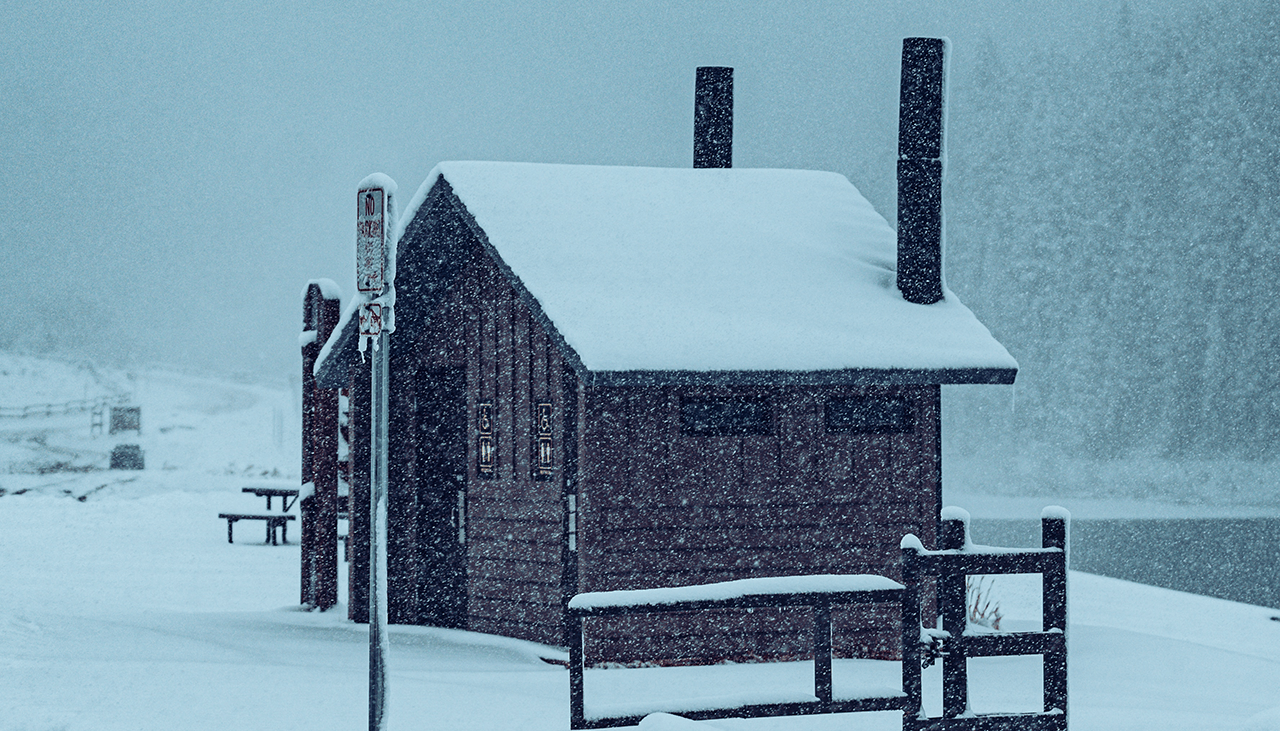The hunting lodge industry is an important source of revenue for rural communities, providing jobs and other economic benefits. However, this lucrative sector also poses significant environmental consequences if not managed carefully. To truly become a sustainable industry that conserves resources long term, the hunting lodge industry must commit to responsible stewardship. From embracing renewable energy sources to more closely monitoring game populations and habitats, hunting lodges can maximize their profits while minimizing their ecological footprint—a win-win situation everyone can benefit from! Read on to learn more about sustainability efforts in the hunting lodge industry and how they can help protect our environment and preserve our natural resources for future generations.
The hunting lodge industry has a responsibility to be sustainable and environmentally conscious.
Hunting lodges should strive to reduce their energy consumption, increase the efficiency of their operations and facilities, and use renewable energy sources such as solar power. They can also promote responsible hunting practices that conserve wildlife populations and habitats. By taking these steps, hunting lodges can minimize their impact on the environment while continuing to provide economic benefits for local communities.
There are many ways to make your hunting lodge more sustainable.
You can start by conducting an energy audit of your facility to identify areas where you may be able to save money and resources through improved efficiency or conservation techniques. Additionally, consider investing in renewable energy sources like solar panels or wind turbines which will reduce your reliance on fossil fuels while helping protect our climate from the effects of global warming.
Conservation is key to preserving our natural resources for future generations.
Hunting lodges should strive to maintain healthy game populations and habitats by using methods such as data-driven management, habitat restoration, and improved regulations. Allowing hunters to harvest only the number of animals necessary for sustenance will ensure that wildlife populations remain robust for years to come.
Hunting lodges can do their part by promoting responsible hunting practices
Hunting lodges can do their part by promoting responsible hunting practices such as ethical harvesting techniques and proper disposal of waste from hunting activities
Additionally, educating guests on sustainable hunting practices can go a long way in ensuring that everyone involved in the activity is doing their part to protect local ecosystems and conserve resources long term.
Education is essential to create a culture of sustainability within the hunting lodge industry.
By providing guests and staff with the knowledge, skills, and resources to make informed decisions when it comes to their actions in the outdoors, lodges can create an environment where sustainable practices are not only encouraged but also expected. Additionally, by emphasizing the importance of conservation and sustainability through marketing materials and other promotional efforts, hunting lodges can help ensure that these values become part of our collective consciousness.
As more people come to understand the importance of sustainability for preserving our natural resources long term, the hunting lodge industry will increasingly be held accountable for its environmental impact. To truly become a sustainable sector that conserves resources long term, hunting lodges must commit to responsible stewardship through thoughtful energy consumption, wise waste management, and education for all stakeholders. By taking these steps, hunting lodges can ensure that future generations can experience and appreciate the beauty of our natural world for years to come.
This commitment to sustainability and conservation is a responsibility that we must take seriously to protect our planet for future generations. With thoughtful efforts from everyone involved in the industry, we can make sure that hunting lodges play their part in protecting the environment while still providing an enjoyable outdoor experience. Together, we can create a sustainable future where our natural resources will be preserved for many generations to come.
